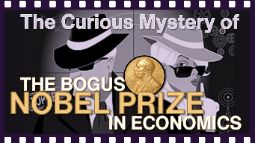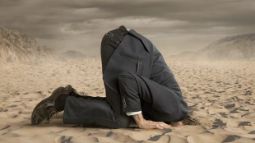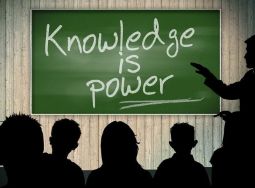#GoodLeadership: Contemporary Leadership Controversies For Curious Minds

Read on by clicking on the blog icon or the image of the latest posts


Jump To Critical Perspectives On
Latest Speeches and Interviews
Latest Essays and Blog Posts
Welcome to our essay collection, where founders and members of the Global Society for Good Leadership critically examine theories and practices of leadership and business. These pieces aim to enhance our capacity for critical thinking and are grounded in the principles of good leadership. Please note that the essays might not necessarily reflect the views of the Good Leadership Society, nor fully represent the latest views and thinking about Good Organisations model. For information on the Good Organisations approach, please refer to main section pages and "Our Research".


Read on by clicking on the blog icon or the image of the latest posts


Read on by clicking on the blog icon or the image of the latest posts
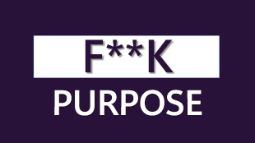
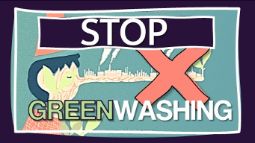

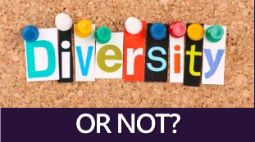
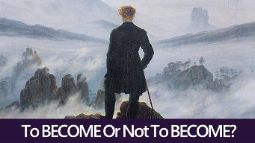
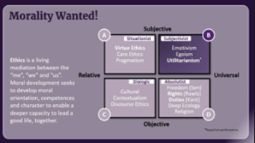
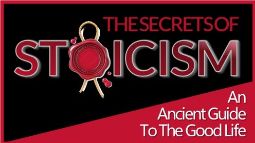
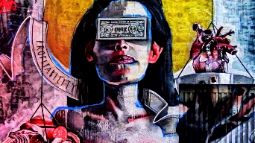
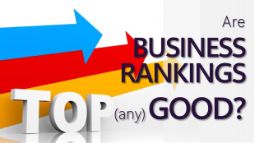
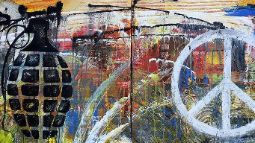


You can engage with us simply by searching for #goodorganisations
Please always use the hashtag if you want to connect with us or directly post on the GoodOrganisations page
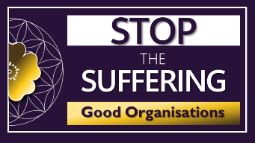

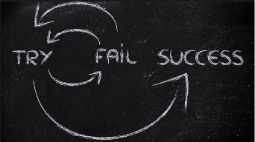
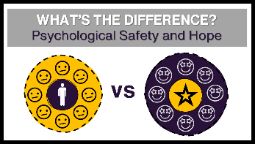
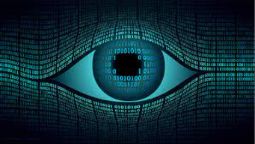
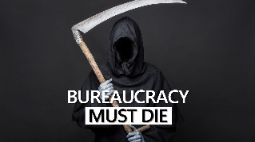
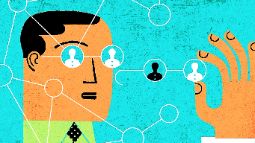
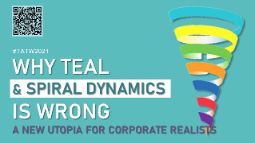
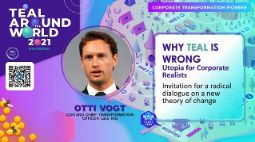


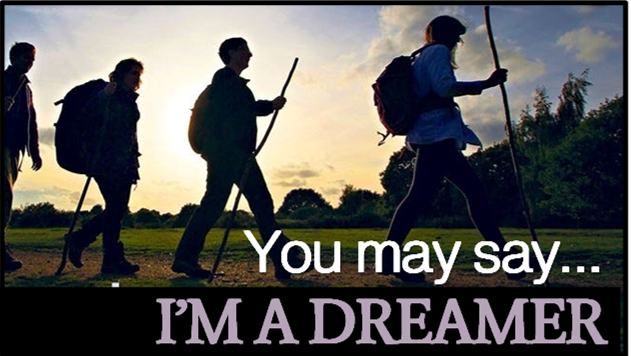


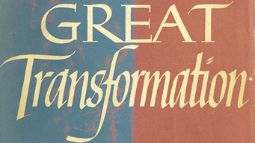



![F**K The FUTURE OF WORK: Our Tragic Failure To Uphold [Our Own] Humanity](https://cdn.bitrix24.com/b18039987/landing/260/260f3fc10acb31831f9e132304000ec3/articleg_fkfuture_1x.jpg)
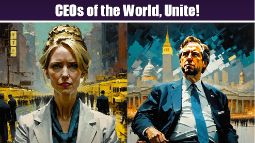
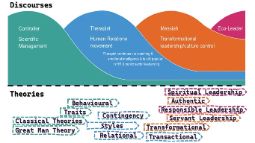
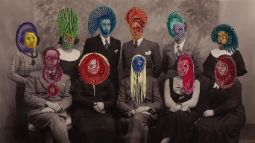
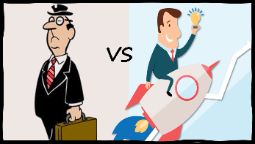

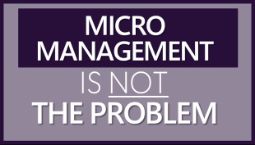


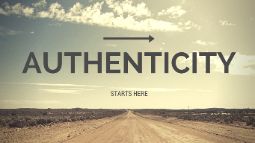

“The time to begin writing an article is when you have finished it to your satisfaction. By that time you begin to clearly and logically perceive what it is you really want to say.” - Mark Twain

